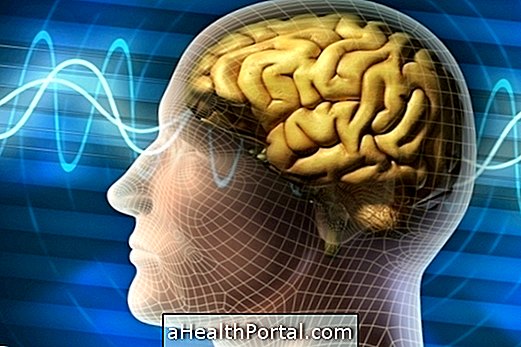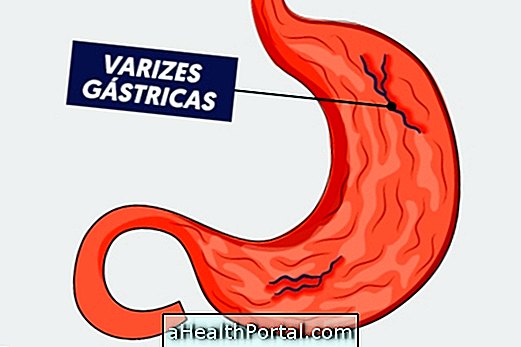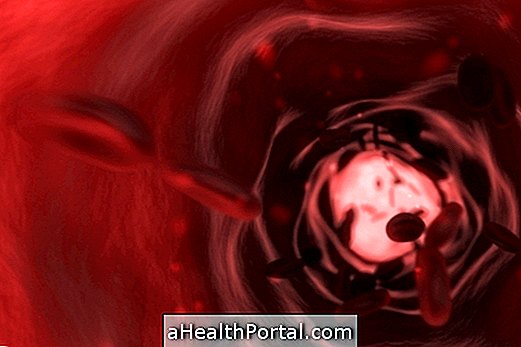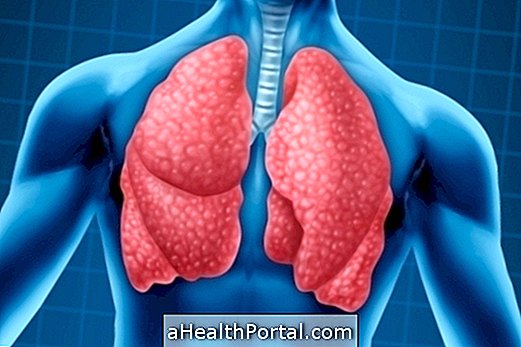The pituitary gland, also known as pituitary gland, is a gland located in the brain responsible for the production of various hormones that allow and maintain the proper functioning of the body.
Pituitary activity is controlled by the hypothalamus which is a region of the brain responsible for perceiving the need for the organism and sending information to the pituitary so that the body's processes are regulated. Thus, the pituitary gland performs various functions in the body, such as regulation of metabolism, growth, menstrual cycle, egg and sperm production and natural corticosteroids.

What is it for
The pituitary is responsible for various functions of the body, such as metabolism, menstruation, growth and milk production in the breasts, for example. These functions are performed from the production of several hormones, the main ones being:
- GH, also known as growth hormone, is responsible for the growth of children and adolescents and also plays a key role in metabolism. The increase in GH production results in gigantism and the decrease in its production, dwarfism. Learn more about growth hormone;
- ACTH, also called adrenocorticotrophic hormone or corticotropin, since it is produced in the adrenal glands under the influence of the pituitary and leads to the production of cortisol, which is a hormone responsible for controlling the response to stress and ensuring the physiological adaptation of the organism to various situations. See when there may be more or less ACTH production;
- Oxytocin, which is the hormone responsible for uterine contractions at birth and for stimulating milk production, as well as reducing the feeling of stress and fighting anxiety and depression. Know the main effects of oxytocin in the body;
- TSH, also known as thyroid stimulating hormone, since it is responsible for stimulating the thyroid to produce the hormones T3 and T4, which are essential for the proper functioning of the metabolism. Learn more about TSH;
- FSH and LH, known as follicle stimulating hormone and luteinizing hormone respectively. These hormones act directly stimulating the production of female and male hormones, in addition to the production and maturation of spermatozoa in men and ova in women.
Symptoms of malfunction of the pituitary gland can be perceived by means of symptoms that arise according to the hormone that has had its production increased or decreased. If there is a change in the production and release of GH, for example, it may be noticed an exaggerated growth of the child, known as gigantism, or lack of growth, which occurs due to the decrease in the secretion of this hormone, the situation known as dwarfism .
The decrease or lack of production of several hormones controlled by the pituitary can lead to a situation called panhypopituitarism, in which several functions of the body are affected, and the person must do hormonal replacement for his whole life in order to have his organic functions maintained. Learn how to identify panhypopituitarism and the main symptoms.























